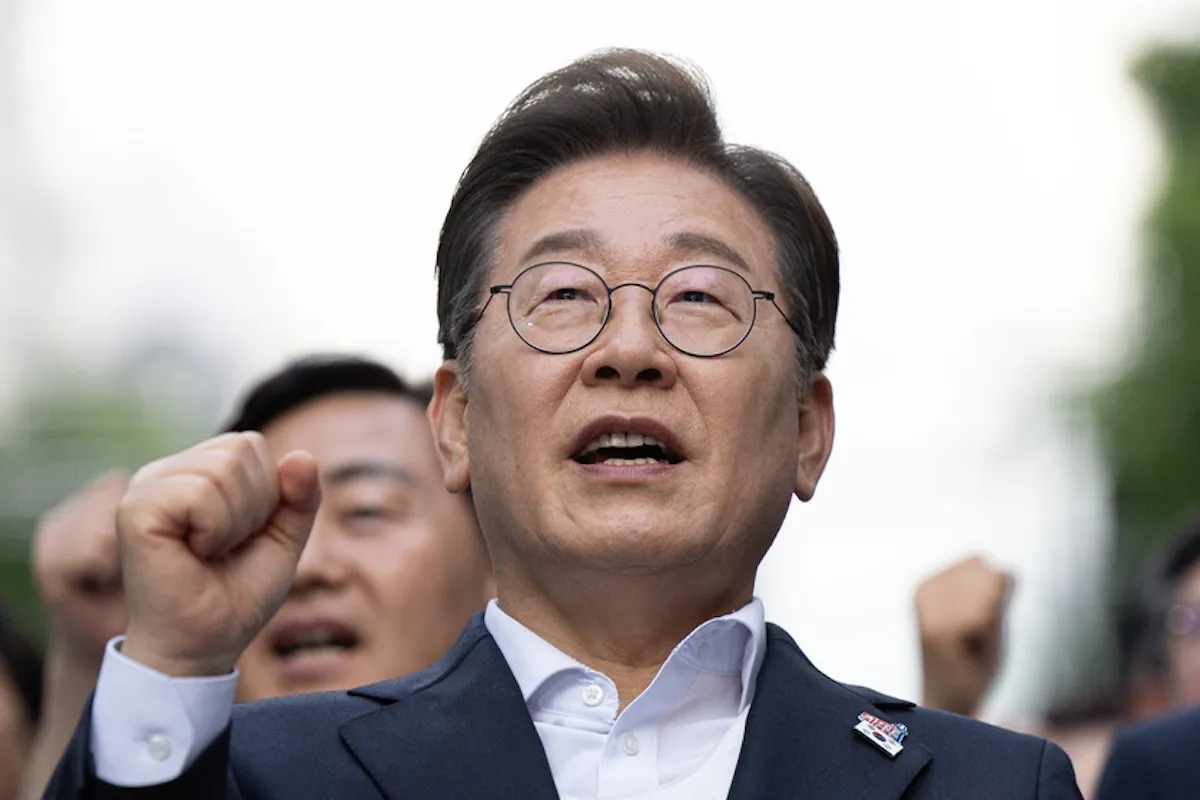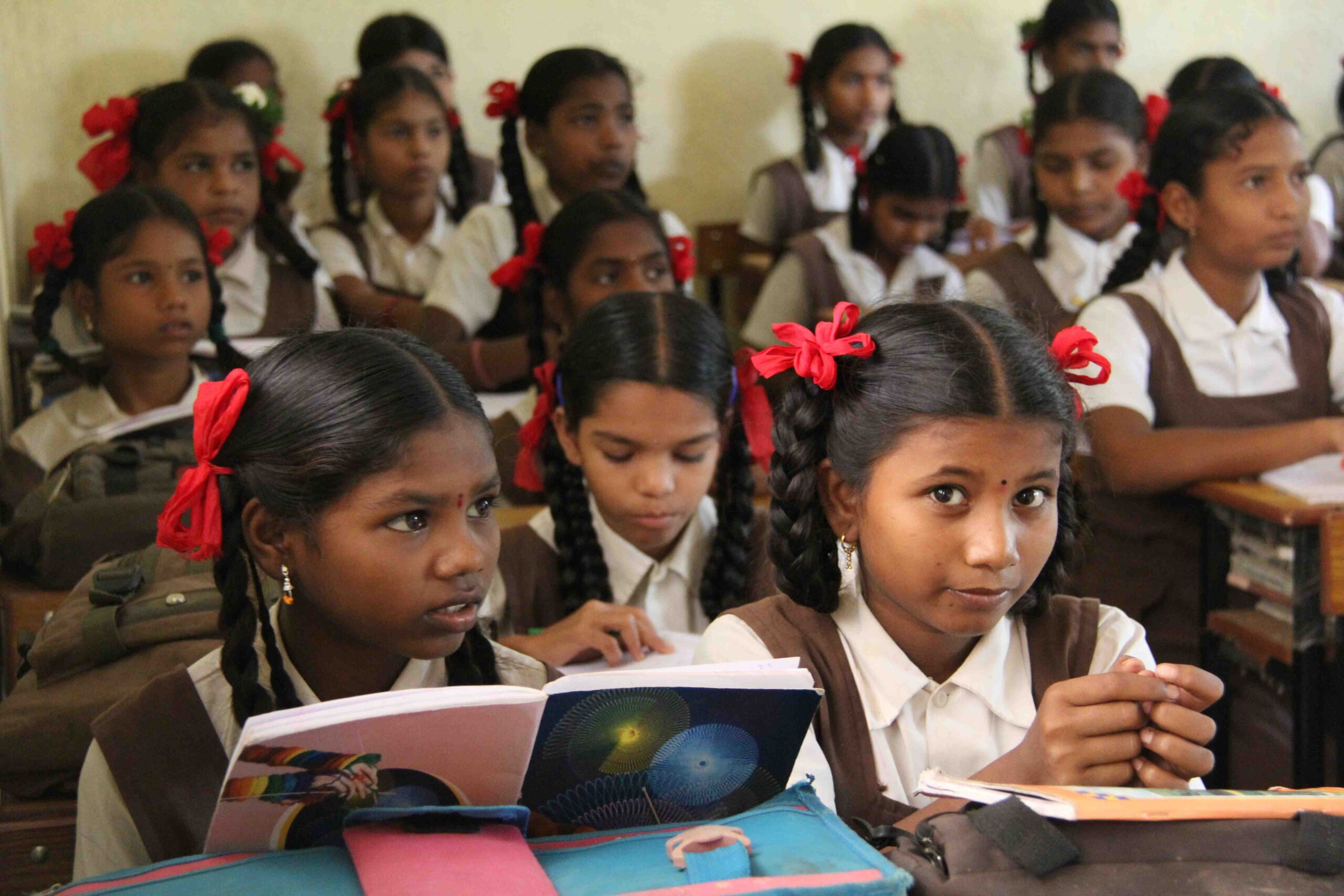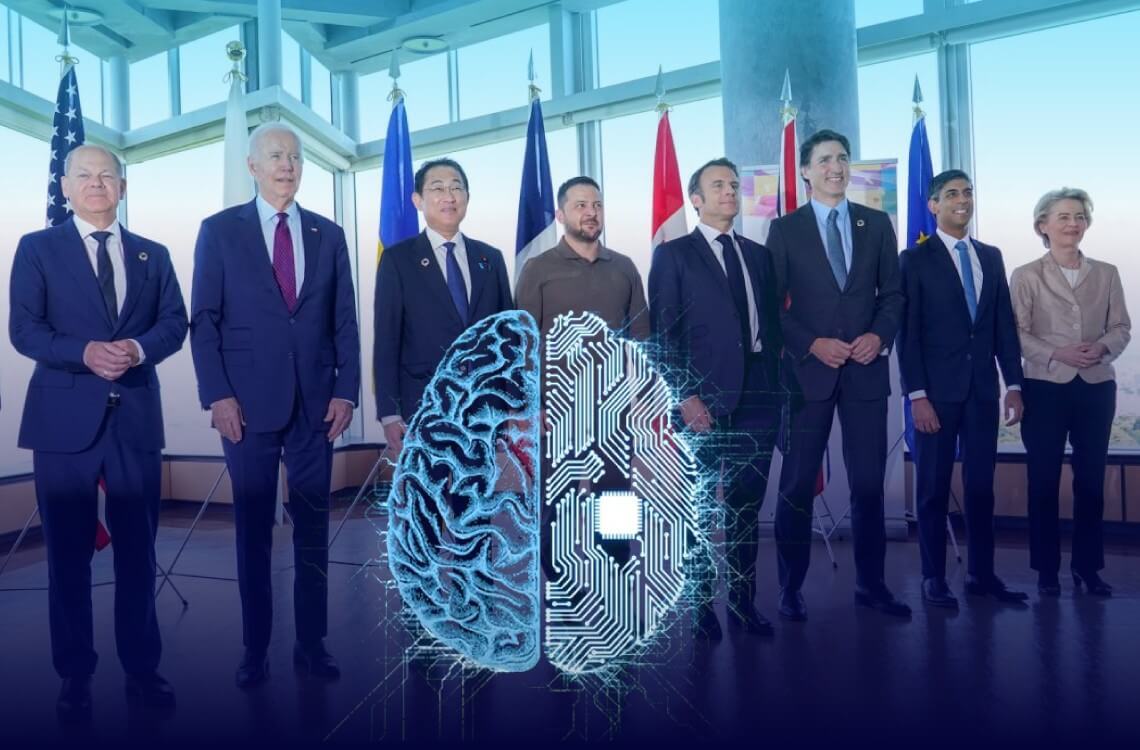Introduction to the new South Korean president, Lee Jae-myung
South Korea is buzzing with excitement as Lee Jae-myung steps into the presidential office, marking a new chapter in the nation’s political saga. This dynamic leader arrives at a pivotal moment, ready to reshape policies and ignite change. With an ambitious vision for a brighter future, Lee aims to elevate South Korea on both domestic and international fronts. As citizens rally behind him, all eyes are on how this new president will navigate challenges and seize opportunities in an ever-evolving landscape. The anticipation is palpable—are we about to witness transformative times ahead?
A brief history of South Korea’s political landscape
South Korea’s political landscape has been shaped by a series of dramatic shifts and transformations. Following the end of Japanese colonial rule in 1945, the country was divided into two separate states: North and South Korea. This division laid the groundwork for decades of conflict.
The Korean War from 1950 to 1953 solidified this split, leading to military regimes that dominated South Korean politics for years. Authoritarian leaders maintained strict control, suppressing dissent and limiting democratic freedoms.
The late 20th century marked a significant turning point. The pro-democracy movements gained momentum in the 1980s, culminating in landmark protests that resulted in democratic reforms.
Today, South Korea is known for its vibrant democracy but faces challenges such as corruption scandals and social inequality. Each election brings new possibilities and shifting alliances within its complex political fabric.
Campaign promises and platform of President Lee Jae-myung
President Lee Jae-myung’s campaign was marked by a bold and transformative vision for South Korea. He championed policies aimed at reducing wealth inequality, with a focus on improving the livelihoods of ordinary citizens.
A key promise was to implement universal basic income. This initiative aims to provide financial security for all, particularly targeting younger generations facing job scarcity.
He also emphasized affordable housing solutions. The goal is to ease the burden on families struggling in an increasingly expensive real estate market.
Lee pledged substantial investments in green technology and renewable energy sources. His ambition is not just economic growth but sustainable development that will benefit future generations.
Healthcare reform featured prominently as well, with plans to enhance accessibility and reduce costs for patients across the country.
His platform resonated deeply with voters seeking change in a rapidly evolving socio-economic landscape.
Impact of President Lee Jae-myung’s victory on South Korea and its people
Lee Jae-myung’s victory marks a pivotal moment for South Korea. His leadership resonates with a generation eager for change and progress. Many citizens feel hopeful about new possibilities.
With an emphasis on social welfare, President Lee aims to address the widening wealth gap. This focus could significantly improve living standards for lower-income families, providing them access to essential services.
Moreover, his bold vision encourages youth engagement in politics. Young voters rallied behind him during the campaign, reflecting their desire for representation and fresh ideas.
The atmosphere is charged with anticipation as people look forward to innovative policies that tackle pressing issues. President Lee’s approach promises transparency and accountability, fostering public trust in government institutions once again.
In essence, many Koreans are ready to embrace this new chapter under his guidance, believing it may lead them towards a more equitable future.
Key initiatives and policies proposed by President Lee Jae-myung
President Lee Jae-myung has laid out a series of ambitious initiatives aimed at revitalizing South Korea. His focus on economic reform is evident in his proposed plans for universal basic income, designed to support the most vulnerable citizens and reduce inequality.
In addition to social welfare programs, he emphasizes green energy initiatives. Transitioning to renewable sources could position South Korea as a leader in combating climate change while creating jobs in emerging industries.
Healthcare is another priority. President Lee aims to improve accessibility and affordability by expanding public health services. He envisions a system where no one faces financial ruin due to medical expenses.
Furthermore, education reforms are on the table. By modernizing curricula and investing in digital resources, he seeks to prepare future generations for an increasingly competitive world. Each initiative reflects his commitment to fostering an inclusive society with opportunities for all citizens.
Challenges faced by President Lee Jae-myung in implementing his vision for South Korea
President Lee Jae-myung steps into office with a bold vision for South Korea. However, this journey is not without its hurdles.
One significant challenge lies in the economic landscape. Rising inflation and global market instability could impede his ambitious policies aimed at social welfare and job creation.
Additionally, partisan divides within the National Assembly threaten to stymie legislative progress. Navigating these political waters will require tact and negotiation skills.
Public expectations are another mountain to climb. Citizens demand immediate results on pressing issues like housing affordability and youth unemployment.
International relations present their own complexities. As tensions rise in East Asia, President Lee must balance domestic priorities with diplomatic responsibilities on the global stage.
International reactions to the election of President Lee Jae-my
The election of Lee Jae-myung as the new president of South Korea has stirred significant interest across Asia and beyond. International leaders and media outlets are closely watching his every move. Many view his bold vision for economic reform and social justice as a potential game-changer in regional politics.
Countries such as Japan and China have expressed cautious optimism regarding Lee’s plans to enhance inter-Korean relations. Analysts believe that a more open dialogue with North Korea could lead to increased stability in Northeast Asia. However, skepticism remains; some neighboring nations are wary about how these policies may affect their security dynamics.
Meanwhile, Western countries have also taken note of Lee’s progressive stance on issues like climate change and digital innovation. His commitment to transforming South Korea into a leader in sustainable practices aligns well with global trends towards environmental responsibility.
As President Lee Jae-myung steps into this pivotal role, he carries not only the hopes of his constituents but also the attention of an international community eager to see if he can deliver on his promises while navigating complex geopolitical waters. The next few years will be crucial for both South Korea and its place on the world stage.




